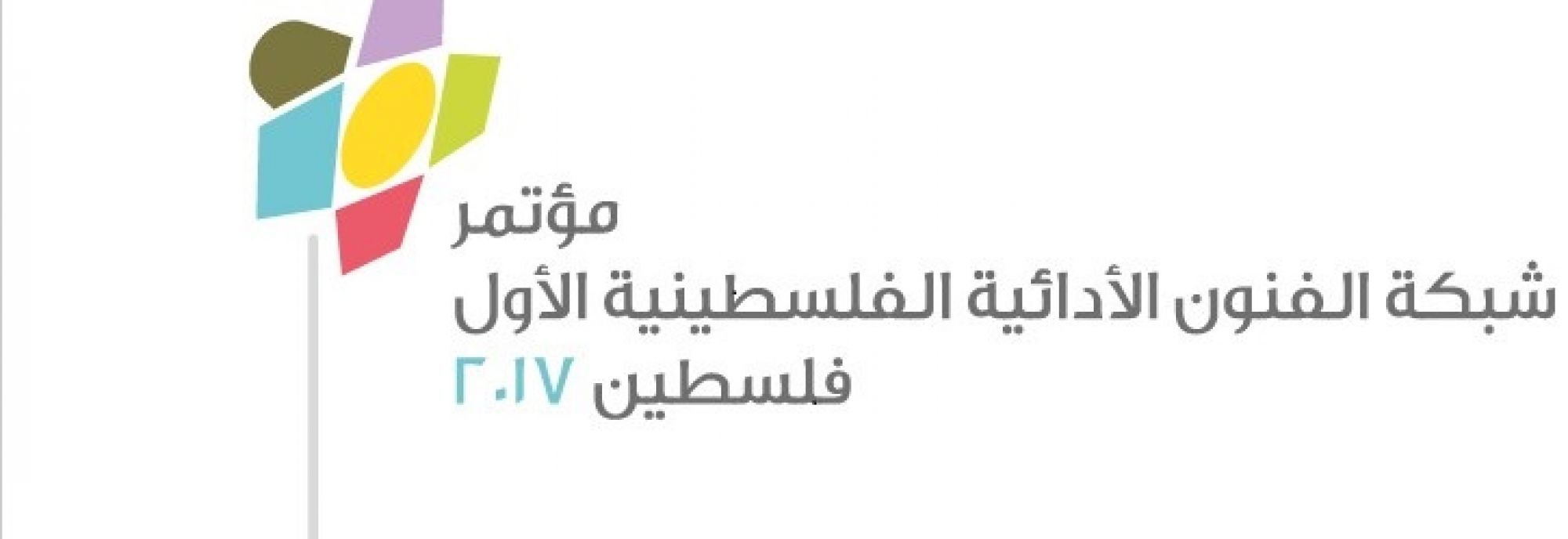
The conference will cover multiple themes including national, cultural and strategic planning to highlight arts as a tool of knowledge and preservation of identity. It will display local, regional and international success stories in addition to presenting local, regional and international networks. The themes will be discussed in several specialized sessions focusing on the impact of arts at the social and political levels. The conference will also address the role of culture and arts at the national strategic planning level, where art can play a role in enhancing the freedom of expression and defense of artists’ general freedoms. A session will be dedicated to exploring networking on future projects and ideas.
Right at the onset of the preparation phase, the conference attracted international and Arab speakers from all corners of the world including Serbia, Germany, Afghanistan, Great Britain, Australia, Jordan, Tunisia, Egypt and USA; including the participation of Ms. Prairie Rose Seminole, Director of Alaska’s Indigenous Indian Population, and advocate for the rights of American Native Indian and Alaska’s native populations. The conference will also host speakers from the Palestinian Territory occupied in 1967 and other parts of historical Palestine.
Ms. Iman Hammouri, the Palestinian Performing Arts Network Chair, stated, ‘The conference stems from the Network’s vision to promote performing arts with the purpose of influencing national and developmental cultural policies and raise the community’s appreciation of the role of arts. The conference also aims to break the misconception about the stereotypical role of arts in general and performing arts in particular, which views arts as mere “entertainment” and “luxury”, ignoring thus their role in the struggle over many decades. Thus, the Network and the conference focus on retrieving the historical and humanitarian role arts played in the national struggles against colonization. Arts continue to play this role to date.”
Ms. Hammouri added, ‘culture and arts have always played a leading role in the struggle for liberation in Palestine. It is therefore important to examine experiences of other peoples with similar historical contexts to expand our local horizons beyond our geographical settings. It also aims to learn from other experiences that would enrich the local cultural production. For this purpose, we invited specialized international and Arab experts to help us achieve this goal.’
The Palestinian Performing Arts Network is a not-for-profit union of Palestinian performing arts organizations, formed in 2015 with a membership of multi-disciplinary arts and cultural institutions from all over the Occupied Palestinian Territory, including: Al-Harah Theater, Popular Arts Centre, Yes Theater, Theater Day Production, Edward Said National Conservatory of Music, El Funoun Palestinian Popular Dance Troupe, the Freedom Theater, Ashtar Theatre, Palestinian Circus School, Kamandjati Association, and the Magnificat Music Institute.
The Network aims to create a free and just Palestinian society that develops knowledge and culture and respects plurality, equity and freedom of expression via promotion of performing arts to influence national and developmental cultural policies.
